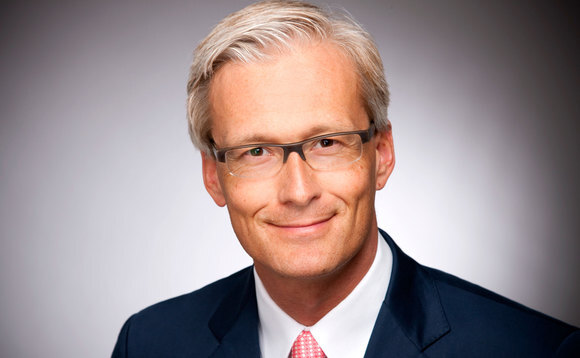
Ambienta can break into Mittelstand, says new partner Helling

Italian GP Ambienta has opened a Munich office, in line with its new investment focus on the DACH region. Partner Nico Helling, who joined from Vorndran Mannheims Capital Advisers to oversee the expansion, speaks to Harriet Bailey
Harriet Bailey: Germany is often viewed as a difficult market for private equity given the Mittelstand's reluctance towards the industry – why has Ambienta moved into this market?
Nico Helling: Companies are more open to us compared to the simple private equity mid-market buyout approach because they see the industrial logic behind it. Our industry focus gives us more of an industrialist spin, compared to the typical private equity fund.
Developing investment opportunities in Germany takes time, unless there's a trigger event or owners see a rationale with regards to future growth and further development of the company. In that respect, we can bring a lot to the table – far beyond capital – in terms of networking connections and operational value creation work. We can help companies grow abroad with the know-how we have at Ambienta and through our network of senior advisers.
In most cases, products can be exported to other geographies rather than manufactured in the country, but it does depend on the size and the maturity of the business. The smaller firms, in particular, tend to export rather than set up a manufacturing plant abroad. That would be one of the next steps of the corporate development.
HB: You joined Ambienta from Vorndran Mannheims to oversee the firm's expansion into Germany, what were the main drivers behind this move?
NH: Before I joined, I did my own analysis and found there is a great pool of interesting targets. And when you look at the number of patent registrations, Germany is one of the leaders – if not the leader – in Europe.
Ambienta's investment philosophy and criteria are quite familiar to me, having worked for Vorndran Mannheims before. Most of the characteristics are in line with traditional German niche industry and hidden champion businesses.
I believe there is more added value to be found in the lower mid-market. I also think there's great chemistry with the people on board here. So it was a decision both in favour of the team and in favour of the market opportunity.
HB: What makes the DACH region appealing in terms of sourcing environmentally focused investments?
NH: On one hand, Europe is characterised by a scarcity of natural resources. On the other hand, 100 years ago, Europe was at the forefront of industrialisation, so we have already been through a period in which pollution was experienced.
The Rhine-Ruhr area in Germany, for instance, suffered from pollution because of the steel manufacturing and coal mining that took place there, which means there are many innovative companies in the region. They have invented and manufactured technology and products that have helped reduce pollution and the consumption of natural resources.
HB: How will Ambienta's strategy translate to the DACH region?
NH: The investment criteria applied by Ambienta is a perfect fit for traditional German hidden champions in niche markets. We invest in companies that have a specific technology and are active in growing markets. In terms of equity tickets, we're talking about €15–40m, generally, with an EBITDA ranging from €5–10m. We invest in both buyouts and growth situations, but the one thing all companies have in common is an environmentally friendly scheme, as well as growth drivers that are fully in line with the general trend towards saving resources and decreasing pollution.
We target businesses often founded by technicians or engineers, so they have a technical spin. These companies offer real opportunity for value creation by adding managerial bandwidth and supporting them as they grow abroad. The opportunity for operational value creation is much bigger at the lower end of the mid-market compared to larger mid-market buyouts. If you buy subsidiaries in larger corporations, they tend to be more sophisticated in terms of processes because they have already succeeded on an international scale.
I would say Ambienta's strategy is ahead of the curve, because it's much more focused on resource efficiency and pollution, rather than alternative methods of energy generation. Most cleantech funds are entirely focused on renewable energy – they have seen tremendous growth, but growth that is driven by subsidies. This is a different game because you are taking the core competence of businesses that have established a great market presence in Europe and are developing solutions for problems arising in other geographies.
Latest News
Stonehage Fleming raises USD 130m for largest fund to date, eyes 2024 programme
Sponsor acquired the public software group in July 2017 via the same-year vintage Partners Group Global Value 2017
Stonehage Fleming raises USD 130m for largest fund to date, eyes 2024 programme
Czech Republic-headquartered family office is targeting DACH and CEE region deals
Stonehage Fleming raises USD 130m for largest fund to date, eyes 2024 programme
Ex-Rocket Internet leader Bettina Curtze joins Swiss VC firm as partner and CFO
Stonehage Fleming raises USD 130m for largest fund to date, eyes 2024 programme
Estonia-registered VC could bolster LP base with fresh capital from funds-of-funds or pension funds









